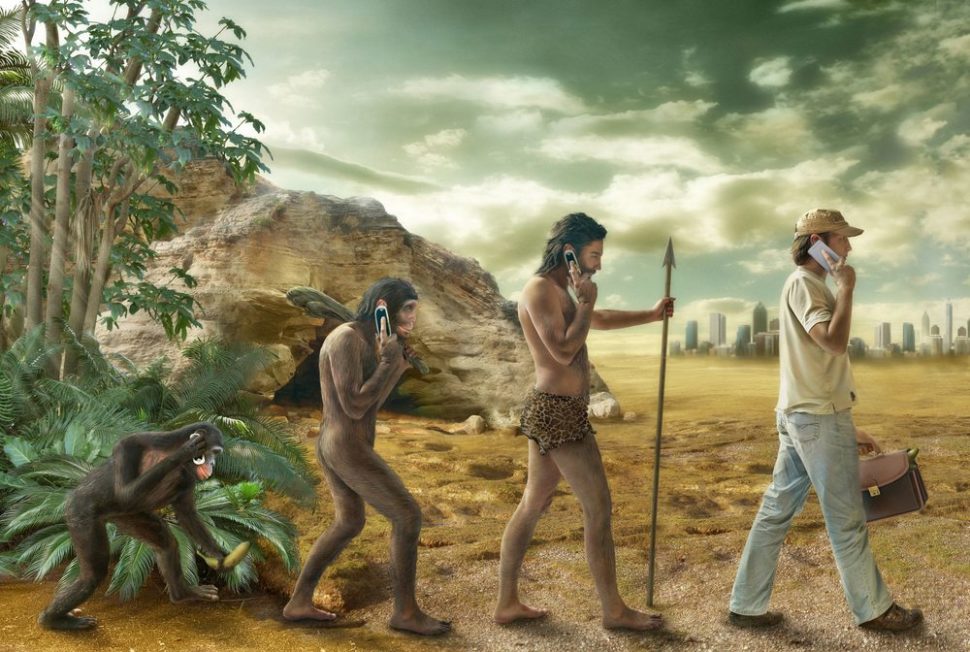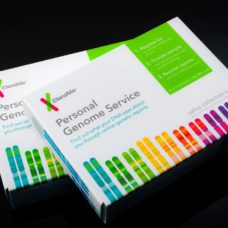Evolution: the way in which organisms change in accordance with their surroundings and in reaction to other organisms.
Despite contention to its existence, the theory of evolution continues to unfold and adapt–much like the proposition of evolution itself. We see evolution occurring as bacteria and cells change over time. You could argue that because some humans have vestigial tails while others have shrinking pinky toes evolution is happening there as well.
A new study looks at how adaptation on a biological scale occurs over time and corroborates a longstanding but not well-known aspect of Darwin’s evolutionary theory, known as co-evolution.
How Exactly Did 33,000 E.coli Mutations Affect Evolutionary Theory?Click To Tweet
How can E.coli Tell us About Evolution?
This all started with something known as the Lenksi study. Richard Lenski, a professor at Michigan State University and MacArthur “genius” fellow, started a long-term evolution experiment using the E.coli bacteria. Due to the extended length of the study, he, his team, and others have discovered fascinating things about antibiotic resistance, speciation, mutation rates, and more.
That’s where Dr. McDonald, a recent ARC Future Fellow, comes in. His team from Monash University carries on Lenski’s tests following 12 E.coli populations. These bacteria communities started out identical to one another, but have since adapted in true Darwinian fashion with an unexpected twist.
“…the fit get fitter. But the established theory tells us that adaptation should have stopped by now since there should be a ‘fitness peak'” that the E.coli should have reached by now – and our work shows that this is not the case.” This study shatters the concept that, at some point, organisms stop evolving (a.k.a. an “adaptive peak”).
Further Developments in Genetic Adaptations

As suggested in Phys.org, evolutionary processes created a multitude of the challenges we face in the modern world. Ever evolving strains of bacteria resulting in superbugs and treatment-resistant cancer compelled research for things such as CRISPR-Cas9. Dr. McDonald suggests climate change as another impetus for understanding evolutionary biology changes since entire ecosystems must “adapt or die”.
“A major goal of modern evolutionary biology is to be able to predict or anticipate evolutionary changes.” As a result of this impulse, this study includes the element of time, as well as scope. His team of researchers studied genome sequencing of E.coli populations. This allowed the team to monitor more than 33,000 mutations over 61,000 generations of evolving E.coli bacteria.
This means that not only can the Monash University team track how repeatable certain adaptations are, but they can track how random blips can affect evolutionary outcomes. Not only did they find some proof of the existence of evolution, they are one step closer to predicting and anticipating evolutionary changes on a cellular level.
Understanding Bacteria to Understand Ourselves
Other recent studies show that E.coli adapt better under stress. Evolutionary adaptation studies on humans show that your pesky lactose intolerance might be due to your lineage.

This all amounts to the fact that the study of evolutionary biology contributes to our ability to under human health and how diseases affect us.
Beyond that, we can track how diseases might adapt to better combat them in the future.



















This is one of the worst examples of “science reporting” I have seen at least this year.
What was found was that the bacteria colonies became their own environments, and that evolutionary adaptation continued as later generations responded to each other.
This is not too far from Charles Darwin’s idea of mutualism, also called “co-evolution.”
These results did not “annihilate(s)a longstanding evolutionary theory.”
You are right, that was a bit of a stretch. Thanks for pointing out that flaw in our argument and we’ll update the reporting accordingly.